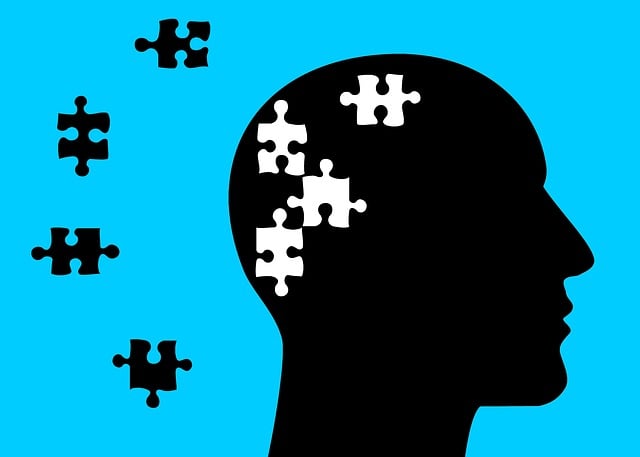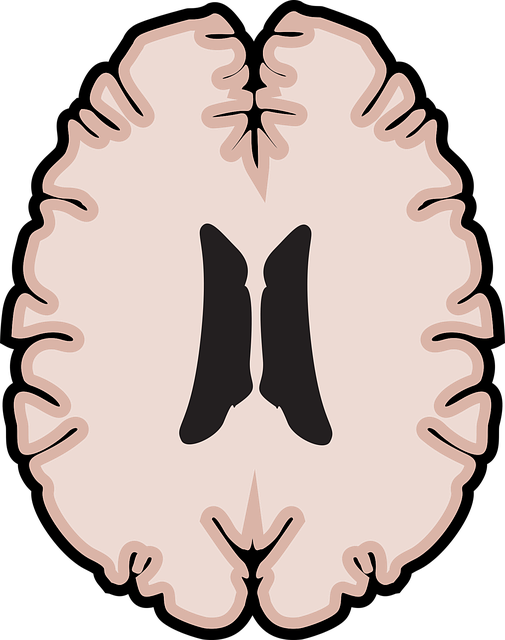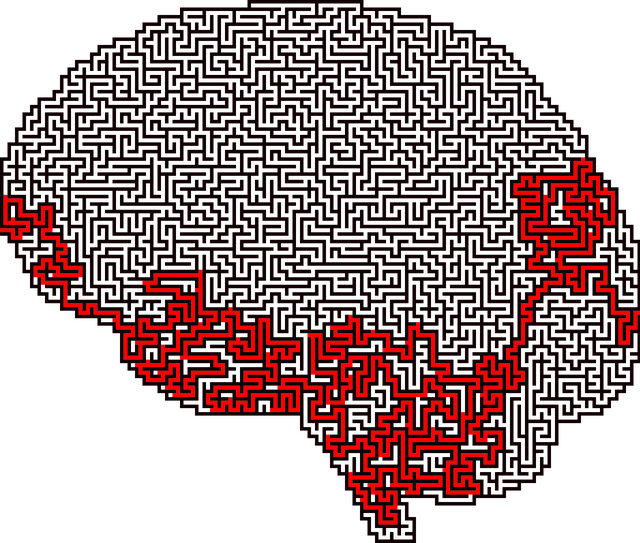Mental health professionals in Greenwood Village Gambling Therapy settings face risks like secondary trauma and complex cases of addiction. Effective risk management requires emotional intelligence, stress management techniques, and dynamic strategies like regular staff training and collaborative team meetings. These approaches enhance therapeutic outcomes, foster understanding, and promote continuous improvement in treating gambling addiction, ensuring cutting-edge care in Greenwood Village.
In the demanding field of mental health, professionals encounter unique risks that demand tailored risk management strategies. This article explores these intricacies, focusing on Greenwood Village Gambling Therapy as a case study. We delve into understanding the distinct challenges within mental health practice and present a structured approach to developing an effective risk management plan. Furthermore, we outline implementation strategies and emphasize continuous improvement for organizations like Greenwood Village, ensuring optimal patient care and professional well-being.
- Understanding the Unique Risks in Mental Health Practice
- Developing a Comprehensive Risk Management Plan
- Implementation and Continuous Improvement Strategies for Greenwood Village Gambling Therapy
Understanding the Unique Risks in Mental Health Practice

Mental health professionals encounter a unique set of risks that differ from other sectors. The sensitive nature of their work demands a keen awareness of potential hazards and challenges. One significant risk is the potential for secondary trauma, where practitioners may experience emotional distress by constantly exposing themselves to patients’ traumatic experiences. This is especially relevant in Greenwood Village Gambling Therapy settings, where therapists often deal with complex cases involving addiction and mental health co-morbidities.
Furthermore, maintaining professional boundaries can be a delicate matter. Mental health professionals must carefully navigate the emotional connections they form with clients, ensuring they remain objective while providing support. Emotional intelligence plays a pivotal role in managing these risks by enabling practitioners to recognize their emotions and those of their patients, fostering understanding, and enhancing therapeutic relationships, ultimately contributing to better mental health awareness and anxiety relief.
Developing a Comprehensive Risk Management Plan

Developing a comprehensive risk management plan is an essential step for mental health professionals, especially those offering specialized services like gambling therapy in Greenwood Village. Such a plan acts as a strategic guide to navigate and mitigate potential risks that may arise during therapeutic processes. By implementing structured protocols, therapists can create a safe and supportive environment while fostering inner strength development among clients.
Effective risk management involves integrating various components, including Stress Management techniques, into the fabric of therapy sessions. Mental Health Education Programs Design plays a crucial role in empowering both professionals and clients to recognize and address concerns promptly. Regular reviews and updates of the risk plan ensure its relevance and adaptability to evolving challenges, making it a dynamic tool for enhancing patient outcomes.
Implementation and Continuous Improvement Strategies for Greenwood Village Gambling Therapy

Greenwood Village Gambling Therapy’s success lies in its dynamic approach to implementation and continuous improvement. Regular staff training sessions focused on the latest evidence-based techniques for gambling addiction treatment ensure professionals stay updated, enhancing client outcomes. By fostering a culture of knowledge-sharing, therapists can integrate diverse methods tailored to individual needs, including coping skills development and resilience building.
Additionally, effective communication strategies are cultivated through team meetings and case discussions. These collaborative forums facilitate the exchange of ideas, best practices, and real-time feedback loops. Such open dialogue promotes continuous refinement, allowing Greenwood Village Gambling Therapy to remain at the forefront of care delivery while addressing emerging challenges in the field.
Mental health professionals, like those at Greenwood Village Gambling Therapy, face unique risks on a daily basis. By understanding these specific challenges and implementing a well-structured risk management plan, practitioners can enhance patient safety and foster a healthier work environment. The strategies outlined in this article provide a roadmap for creating robust resilience against potential hazards. Continuous improvement, inspired by the success of Greenwood Village Gambling Therapy, is key to ensuring that mental health services remain effective and adaptable to evolving needs.














